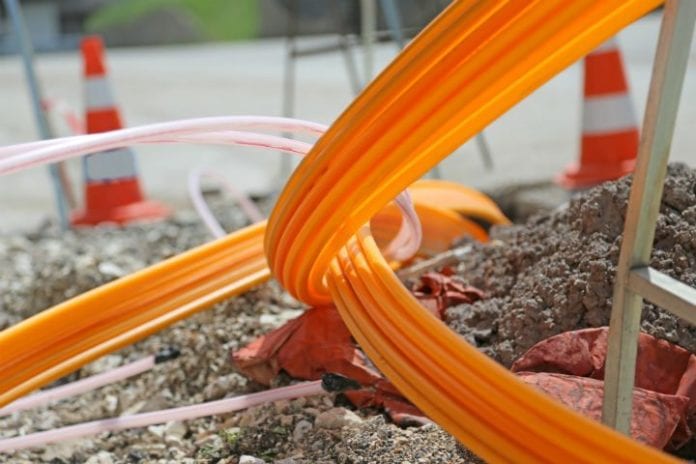Broadband Conduit Deployment Act of 2015 emphasizes expanding broadband infrastructure, particularly in rural America
The federal government, of late, has pushed hard to expand high-speed broadband access through rural America; the latest push is the Broadband Conduit Deployment Act of 2015, which calls for fiber optic conduit to be installed at the same time any federally funded road project is ongoing.
Specifically, the conduit is mandated if there’s a current need for broadband, or a projected need in a 15-year forward-looking timeframe. The legislation is referred to as the “dig once” bill, meaning that if infrastructure is getting dug up for improvement, the entity in charge may as well take care of any other projects that would also involve digging up infrastructure.
“Our information highways today have really become just as important as our interstate highways,” Anna Eshoo (D-Calif.), a sponsor of the bill, said. “So, this is a policy, coupled with federal dollars that build federal roads, [that] will also help build out broadband in our country.”
The multi-faceted approach to broadband deployments also includes the federal Connect America program. Connect America is an initiative governed by the Federal Communications Commission designed to support the telecom infrastructure requirements needed to connect underserved areas to high-speed broadband Internet. On paper, it’s an offshoot of the Universal Service Fund. The FCC noted that one-third of people living in rural markets do not have access to broadband networks supporting download speeds of at least 10 megabits per second and upload speeds of at least 1 Mbps.
For instance, communications service provider Windstream in August announced receipt of $175 million from the Connect America Fund that’s earmarked for providing broadband to 400,000 rural locations in 17 states.
The Connect America project dovetails with efforts by FCC Chairman Tom Wheeler and Democratic lawmakers to expand the Lifeline Assistance Program to provide low-cost Internet connection to low-income Americans.
In that case, lawmakers want to expand the Lifeline Assistance Program, which has provided low-income Americans with cheap cell phone service, to provide low-cost Internet connections.

